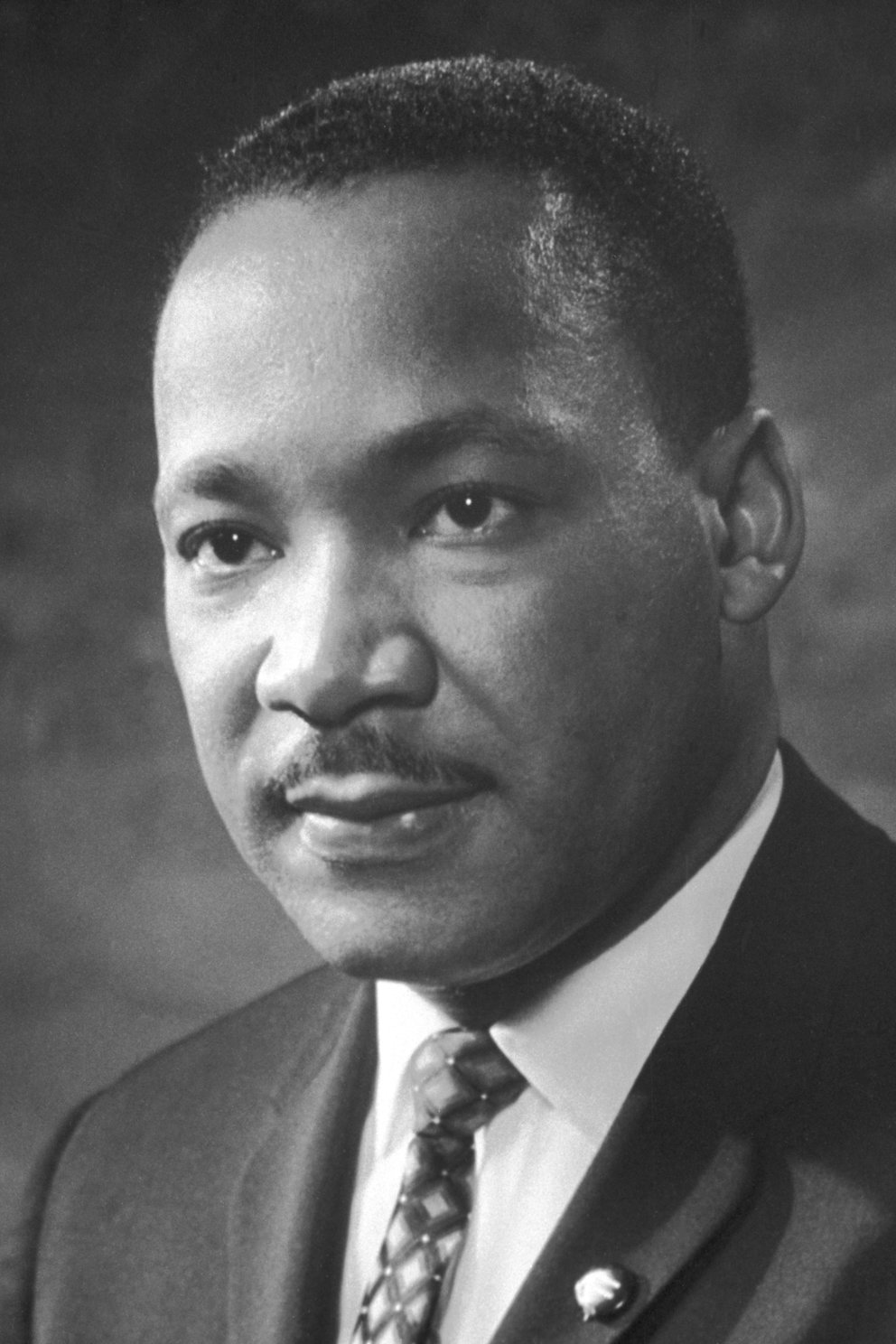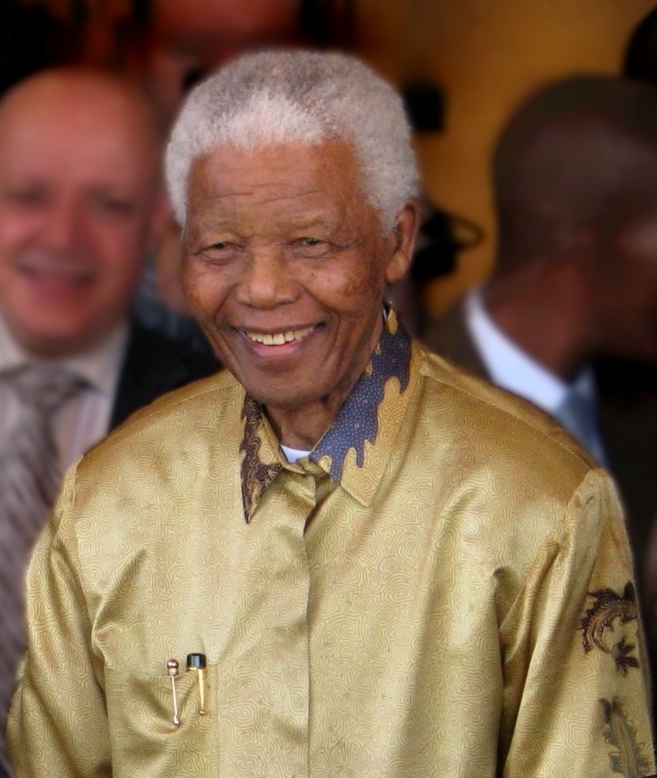 Within the world of sports, there are certain athletes whose talents have far surpassed their time in the spotlight. As one of the most famed boxers in history, Muhammad Ali continues to inspire sports fans with his passion, perseverance and outstanding athletic abilities, evident in the three heavyweight championship titles he’s won. Admirers throughout the world, including Tunde Folawiyo, are undoubtedly inspired by the long-standing dominance and boxing success Muhammad Ali.
Within the world of sports, there are certain athletes whose talents have far surpassed their time in the spotlight. As one of the most famed boxers in history, Muhammad Ali continues to inspire sports fans with his passion, perseverance and outstanding athletic abilities, evident in the three heavyweight championship titles he’s won. Admirers throughout the world, including Tunde Folawiyo, are undoubtedly inspired by the long-standing dominance and boxing success Muhammad Ali.Born Cassius Marcellus Clay Jr. on January 17, 1942 in Louisville, Muhammad Ali first showed interest in boxing at the age of 12, when he began training at the gym of Joe Martin, a police officer and boxing coach. Demonstrating his commitment toward greatness, Ali trained six days per week, waking up early on school mornings and hitting the gym in the evenings. He developed a strict eating regimen and refrained from junk food, alcohol and cigarettes in order to ensure optimal health while on his quest at boxing dominance.
The 1960 Olympic Games, held in Rome, were among Muhammad Ali’s first times in an international spotlight. At 18 years old, Ali – still known as Cassius Clay - had already won national tournaments like the Golden Gloves and on September 5, 1960, Muhammad Ali triumphed over Poland’s Zbigniew Pietrzyskowski in the light-heavyweight championship. Ali won the Olympic gold medal in a unanimous decision, propelling him to the worldwide fame that followed him for the remainder of his career. With a gold medal, Ali proved his dominance of amateur boxing and in turn, was thrust into the world of professional boxing.
As Muhammad Ali embarked on his professional boxing career, he began a few attention-grabbing antics in order to make a splash. With quips to intimidate opponents, Muhammad Ali often wrote poetry, with "Float like a butterfly, sting like a bee" among his most famous lines. With his grandiose attitude ever evident, many people paid to see Ali fight, simply in hopes of watching him lose. On February 25 of 1964, Muhammad Ali battled Charles “Sonny” Liston for the heavyweight boxing championship, defeating him after a hurt shoulder and facial cut rendered Liston unable to fight further. With this, a 22-year-old Ali became the youngest fighter to ever defeat a champion. This victory paved the way for an extraordinary career in which Muhammad Ali left a lasting impact on the sport of boxing. Whilst Ali conquered the world of boxing, he was later diagnosed with Parkinson’s disease and continues to face the challenges of the disease today. As one of the most celebrated athletes of all time, Muhammad Ali’s story continues to move fans such as Tunde Folawiyo and millions of others with a love for the world of sports.




